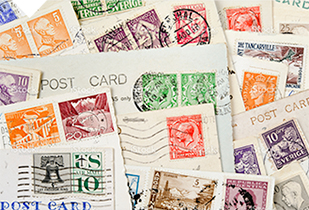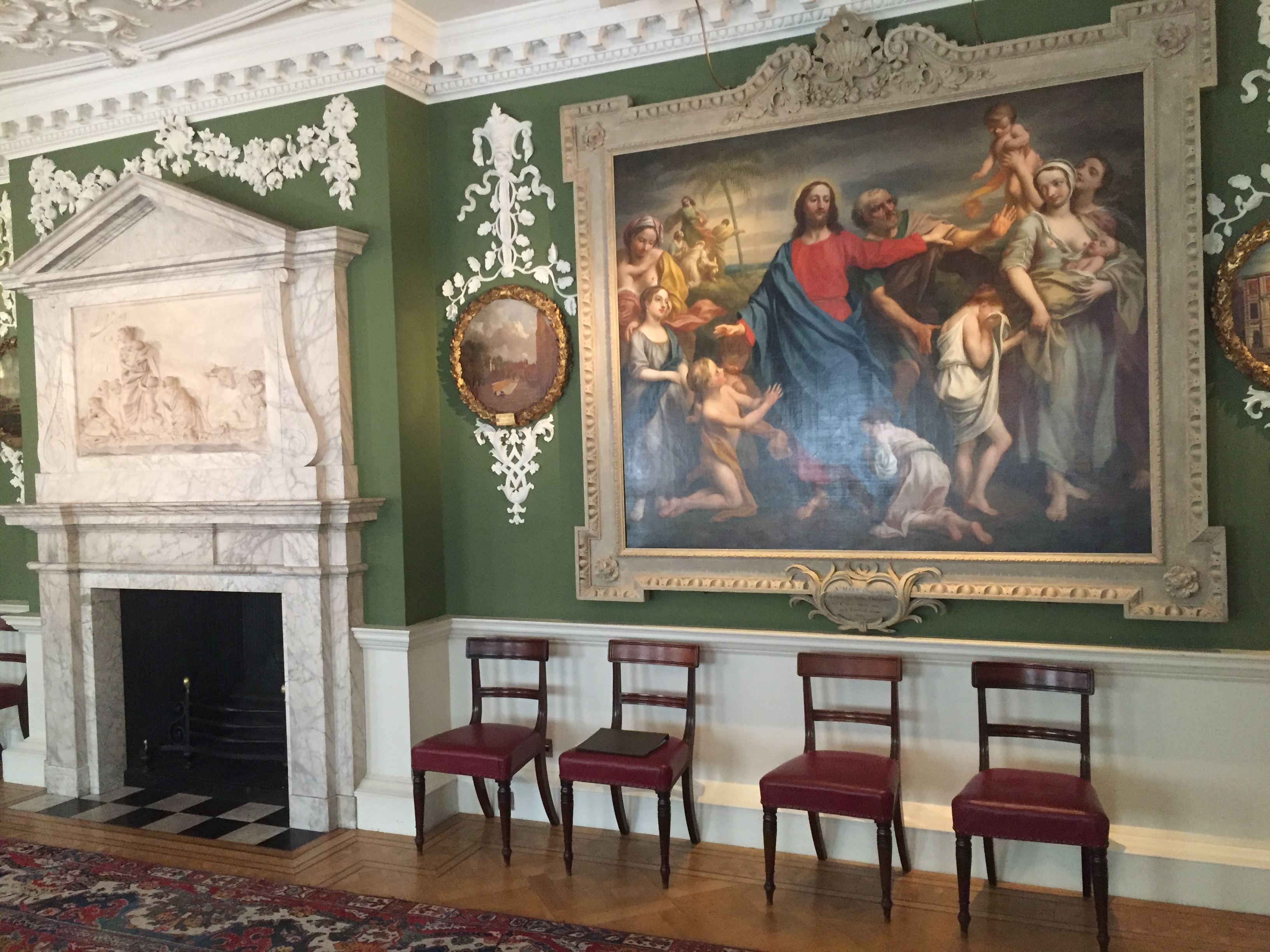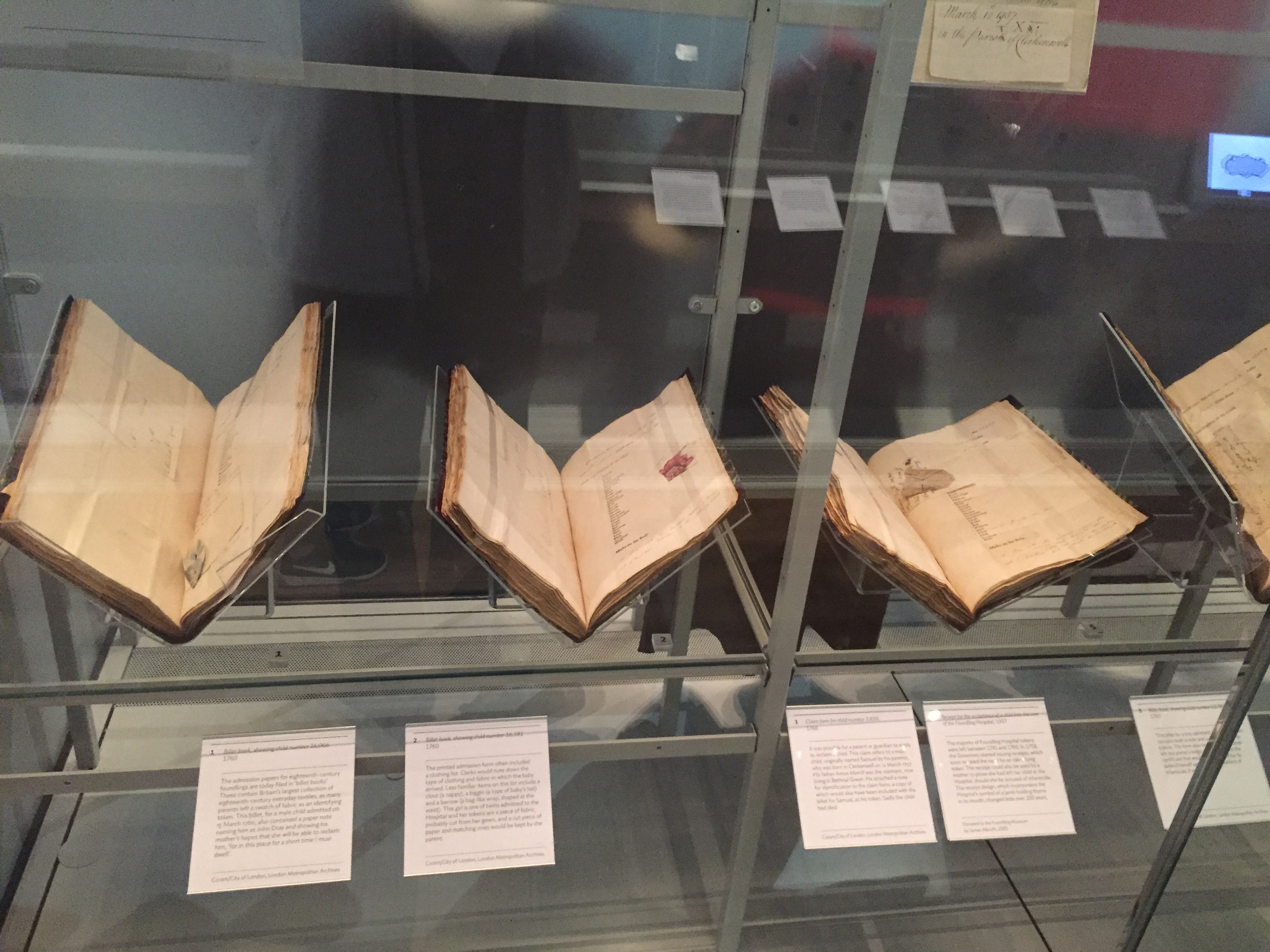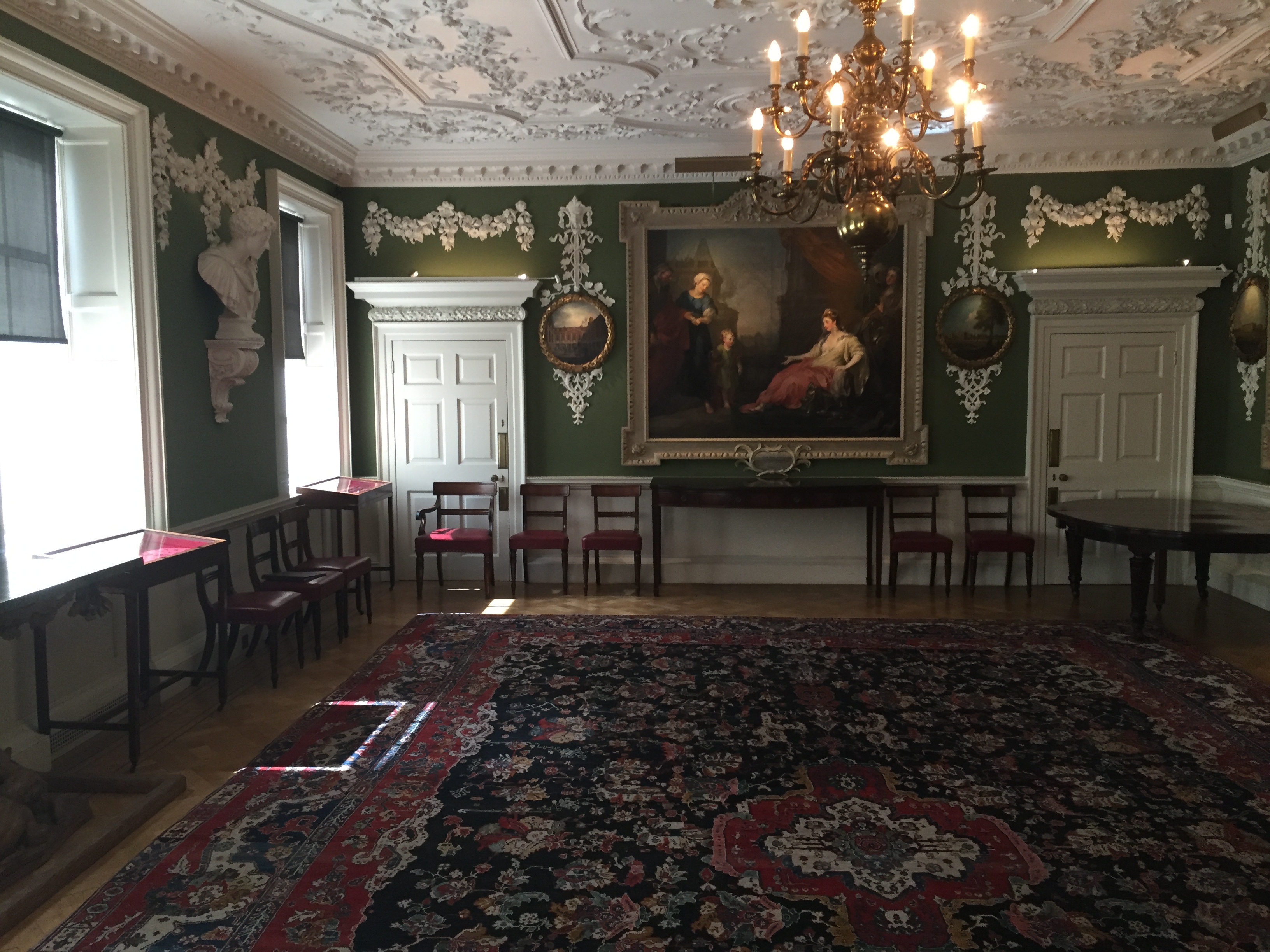A captivating & emotional journey into the 18th century replete with many originals. I loved it & would have stayed all day
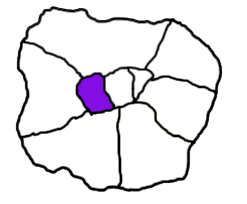
 PIN
The Foundling Museum
PIN
The Foundling Museum
A Beautifully Esoteric Collection & Fascinating Story
The Foundling Museum tells the story of the Foundling Hospital which was founded in 1739 to care for babies at risk of abandonment. The Hospital was the UK’s first children’s charity and its first public art gallery.
The Museum was established as a separate charity in 2004 to preserve, display and purchase the Foundling Hospital Collection on loan from Coram, and to care for the Gerald Coke Handel Collection, the world’s largest private collection of Handel memorabilia. Today its dynamic programme of exhibitions and events celebrates the ways in which artists of all disciplines have helped improve children’s lives for over 250 years.
Through inspiring art, poignant artefacts, original period interiors and archival documents, visitors can discover the story of how the philanthropist Thomas Coram and his creative supporters, the artist William Hogarth and the composer George Frideric Handel helped established the Hospital, and explore the lives of the children who grew up there from 1741-1954.
What is a Foundling?
‘Foundling’ is an historic term applied to children, usually babies,that have been abandoned by parents and discovered and cared for by others.
Abandoned children were not unusual in the eighteenth century when the Foundling Hospital was established. Unlike mainland Europe where Catholic-run institutions had been caring for orphans and foundlings from as early as the thirteenth century, the UK relied on the Poor Law to cater for needy families at a parish level. The only charitable establishment that received foundlings as well as orphans was London’s Christ’s Hospital founded in 1552. However, by 1676 illegitimate children were prohibited.
By the early 1700s the situation for struggling parents was particularly acute in London. Economic migration from the countryside had led to a population explosion, which put parish-based poor relief under immense strain. Mothers unable to care for their children as a result of poverty or illegitimacy had few options, leading to some abandoning their babies on doorsteps, outside churches and even on rubbish heaps. It is estimated that around a thousand babies a year were abandoned in London alone. This was the situation that confronted Thomas Coram on his return from America in 1704. It would take Coram seventeen years of dogged campaigning before he finally received a Royal Charter, enabling him to establish a Foundling Hospital ‘for the care and maintenance of exposed and deserted young children’.
TripTide Thoughts:
This museum has to be one of London’s most surprising and should be on every visitors trip planner. This modest sized country house is home to some ‘extra’ collections that we were not expecting. The Handel Collection on the top floor contains many of the great man's artefacts including his last will and testament (apparently unwanted by the V&A). Another benefactor, William Hogarth, is much in evidence including the original ‘March of the Guards’. Obviously there is plenty about the hospital but much, much more. We were entranced – but don’t forget the Kleenex. This is tear-jerking stuff.
How to get there
Tube or Train
The museum is less than 5 minutes’ walk from Russell Square underground station. Alternatively, King’s Cross St Pancras and Euston stations are approximately 10 minutes’ walk from the Museum.
Buses
The nearest buses are the 7, 59, 68, 91, 98, 168 and 188 from Russell Square Station.
Cycling
Cycling is recommended as an alternative mode of transport. The nearest docking stations for Santander Cycle Hire are located at Brunswick Square and Russell Square Station.
Driving
Visitors are encouraged to use public transport where possible. There is an NCP car park at the Brunswick Centre for visitors wishing to travel by car, please contact them directly for more information.
Twitter Feed
Tags
- Free WiFi
- , Museum
- , Culture
- , Downtown Westminster
Location
40 , London WC1N 1AZ, Brunswick Square, London, WC1N 1AZ (View on Google Maps)The Foundling Museum



 Facebook
Facebook Twitter
Twitter Tumblr
Tumblr Google+
Google+ Pinterest
Pinterest LinkedIn
LinkedIn



